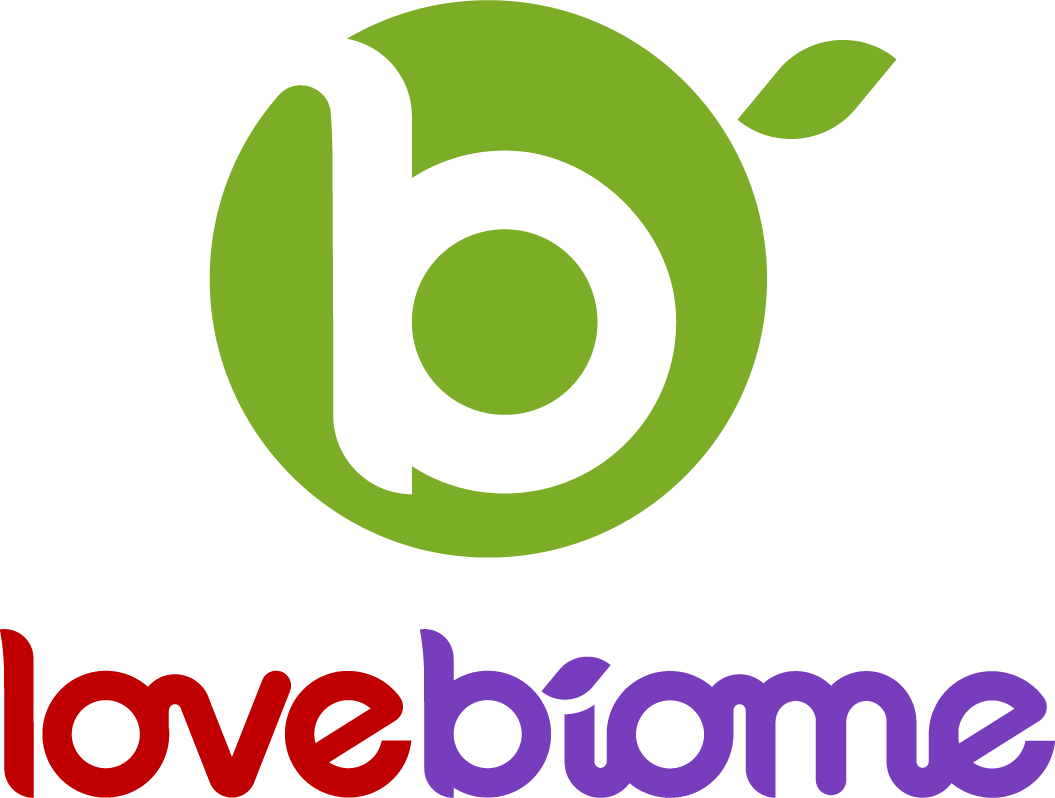Improved Mood
From the First Sip Series
The LoveBiome Daily 3 System gets to work as soon as you take a sip. Over the next few months, we are going to be talking about all of the benefits that you may see with consistent use of the Daily 3 System. For more information on the From the First Sip Series, check out this blog post. Check back each Friday for a new blog that will give you a deep dive into these benefits.
When it comes to our well-being, we often think about physical health, exercise, and nutrition. However, a fascinating area of research has been shedding light on an unexpected player in the game of overall wellness: the gut microbiome. The trillions of microorganisms residing in our gastrointestinal tract, collectively known as the gut microbiome, play a crucial role not only in digestion but also in influencing our mood and mental health. In this blog post, we’ll dive into the intriguing world of the gut-brain connection and explore how cultivating a healthy gut microbiome can have a profound impact on our emotional well-being.
The Gut-Brain Connection
The idea that the gut and the brain are connected might sound like science fiction, but recent scientific research has uncovered a complex and bidirectional communication system between the two. This connection, known as the “gut-brain axis,” involves intricate interactions between the central nervous system and the enteric nervous system, which is often referred to as the “second brain” due to its extensive network of neurons in the gut.
One of the key players in this connection is the gut microbiome. The trillions of bacteria, viruses, fungi, and other microorganisms residing in the gut not only help us break down food but also produce neurotransmitters and other compounds that influence brain function and mood.
The Microbiome and Mood Regulation
Serotonin, often referred to as the “happy hormone,” is a neurotransmitter that plays a vital role in regulating mood and emotional well-being. What many people don’t realize is that a significant portion of serotonin production actually occurs in the gut, with the help of certain gut bacteria. These bacteria produce precursors to serotonin, such as tryptophan, which is then converted into serotonin in the brain.
Furthermore, the gut microbiome is involved in producing other neurotransmitters like dopamine and GABA, which are essential for regulating pleasure, reward, and relaxation. An imbalance in these neurotransmitters can contribute to mood disorders like depression and anxiety.
The Impact of Gut Dysbiosis on Mood
Gut dysbiosis, an imbalance in the composition of the gut microbiome, has been linked to various physical health issues, but its effects on mental health are equally noteworthy. Research suggests that an unhealthy gut microbiome characterized by a lack of diversity and an overgrowth of harmful bacteria might contribute to mood disorders and cognitive decline.
Inflammation also plays a significant role in the gut-brain connection. An imbalanced microbiome can lead to increased gut permeability (“leaky gut”), allowing harmful compounds to enter the bloodstream and trigger inflammation. Chronic inflammation has been associated with conditions such as depression and anxiety.
Cultivating a Healthy Microbiome for Better Mood
The good news is that we can take proactive steps to support our gut microbiome and consequently enhance our mood and mental well-being:
- Diverse Diet: Consuming a variety of fiber-rich foods, whole grains, fruits, vegetables, and fermented foods like yogurt and sauerkraut can promote a diverse and healthy gut microbiome.
- Prebiotics and Probiotics: Prebiotics are dietary fibers that feed beneficial gut bacteria, while probiotics are live microorganisms that provide health benefits when consumed. Incorporating prebiotic and probiotic-rich foods or supplements can aid in maintaining a balanced microbiome. The LoveBiome Daily 3 System is a perfect blend of both probiotics and prebiotics and helps to ensure that you are getting the perfect balance you need for your microbiome.
- Reduce Sugar and Processed Foods: Diets high in sugar and processed foods can negatively impact the gut microbiome, leading to dysbiosis and inflammation. Cutting back on these foods is essential for gut health.
- Manage Stress: Chronic stress can disrupt the gut-brain axis and alter the composition of the microbiome. Practicing stress-reduction techniques like meditation, yoga, and deep breathing can positively impact both gut and mood health.
Conclusion
The gut microbiome is an exciting frontier in understanding the complex relationship between our physical and mental well-being. The evidence supporting the connection between a healthy gut microbiome and positive mood is compelling. By making conscious choices to support our gut health through diet, lifestyle, and stress management, we can unlock the potential for improved mood, emotional resilience, and overall happiness. Remember, a happy gut might just lead to a happier you!






